Horizon Europe rapporteur and the newly elected chair of European Parliament’s science think tank outlines his plans for scientific advice, academic freedom and scholars at risk
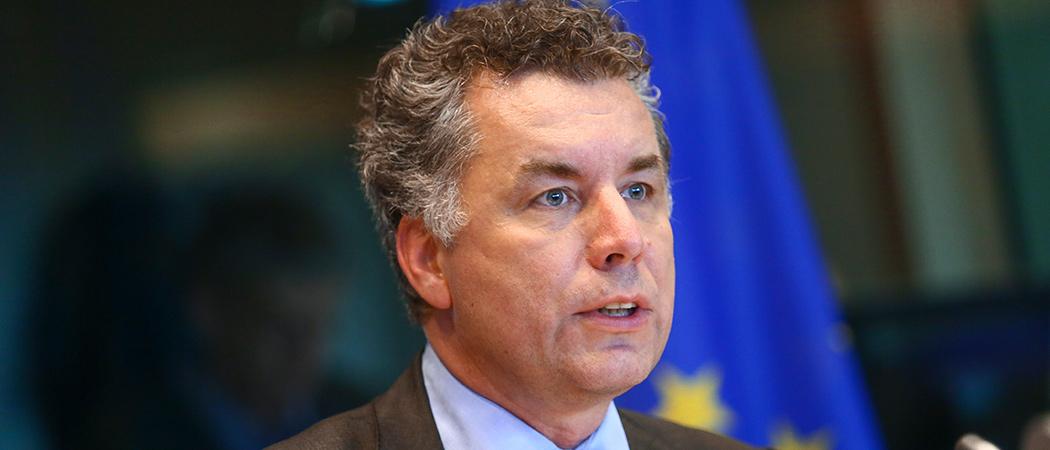
Christian Ehler, Member of the European Parliament. Photo: European Union
The European Parliament’s panel for science and technology should become a fully-fledged science think tank that would re-establish the role of science in legislative debates and set up a monitoring mechanism for academic freedom, its newly elected chair Christian Ehler told Science|Business this week.
Ehler was recently picked to lead the European Parliament’s Panel for the Future of Science and Technology (STOA), which helps EU lawmakers with independent assessments of new technologies. STOA is currently looking into issues such as Horizon Europe’s move towards more widespread lump sum funding, academic freedom, AI in healthcare, genome editing in humans and crops, the privacy and security of 5G, green tech, data governance, digital tools in the workplace, among many others.
The panel was launched in 1987 but became more prominent in recent years, thanks to former MEP Paul Rübig who strengthened its role and established a science media hub to help the Parliament communicate complex technologies to the general public.
Ehler said, the Parliament now needs to “muscle up” and turn the panel into a think tank that plays a double role of “arbiter and watchdog for the principal framework of science and academia in Europe.”
Additional effort is needed because the Council of the EU is no longer united on questions of principle related to academia or science in Europe and is “losing credibility.” According Ehler, this leads to compromise decisions by the Council and leaves the European Commission unwilling to challenge them.
Ehler lamented the fact that EU member states did not want to include a reference to academic freedom in the legislation for Horizon Europe, the EU’s €95.5 billion research programme. At the time when the legislation was being discussed, some EU member states were in the midst of taking steps to limit academic freedom.
By 2018, when the Commission presented its proposal for Horizon Europe, Hungary had started its purge of gender studies departments and drawn up a law that forced the Central European University to move from Budapest to Vienna. “The Council shows signs of weakness, in consequence the Commission is reluctant to act,” Ehler said.
Academic freedom in EU treaties
The German MEP says STOA will push forward on the agenda to include academic freedom in EU treaties. He has previously called for the EU institutions to start a conversation on embedding academic freedom in EU treaties, as science became increasingly politicised at the height of the COVID-19 pandemic.
Article 13 of the EU Charter of Fundamental Rights protects academic freedom and the EU and member states have recently signed up to the Bonn declaration on freedom of scientific research. However, EU treaties do not explicitly say what are the consequences for limiting academic freedom.
The Bonn declaration includes a list of principles but fails to prescribe any concrete actions. In addition, the political support was hardly unanimous, as several member states took a few months to decide whether or not to sign it. Ehler says the declaration “sounds good” but without any legal and financial enforcement instruments, “it's not worth the paper.”
As part of his STOA agenda, Ehler wants to establish a monitoring programme that would evaluate the state of play of academic freedom in Europe and around the world. He hopes a first report would be made public and presented by the president of the European Parliament by the end of the year.
“We have to establish and embed the idea of academic freedom […] much more solidly in the treaties,” said Ehler. “I think we are in the moment the only institution which can start that discussion in Europe.”
Policy advice
Ehler also hopes to turn STOA into an institution that can explain complex issues for policymakers. As the EU tries to transform its energy system, partly due to climate concerns and partly because it can no longer afford to depend economically on Russia, and it is also seeking to build the knowledge needed for the next technological revolution in artificial intelligence and quantum computing.
These goals require complex policies and EU institutions need a place where they can get objective scientific advice. The Commission has the Joint Research Centre (JRC) and the Scientific Advice Mechanism (SAM), but Ehler says neither are fit for the challenges ahead.
The decision making process in the Commission is rather meant to “streamline the different interests of directorates general”, instead of making sure that complexity is taken into account and policymakers come up with coherent legislative proposals.
At the moment, the JRC is both a research organisation and a think tank, but its advice is not mandatory in the policy making process. “The JRC is somehow wandering around institutionally in the Commission,” said Ehler. He believes its mandate should be more clearly defined.
Ehler paraphrased a rhetorical question put by the former US secretary of state Henry Kissinger about who to call in the EU to talk foreign affairs, saying the same question could be posed about scientific advice. “Who are you going to talk in Brussels if you seek objective scientific advice? “From my point of view we need a new setting for scientific advice for the European institutions,” Ehler said.
Researchers at risk
Ehler is also among the MEPs who are calling for a long-term institution or fund to assist academics affected by humanitarian crises. After Russia invaded Ukraine, many research organisations in the EU offered to help fleeing academics. The EU has also established some quick financial help, including a €25 million direct aid package of Marie Skłodowska-Curie (MSCA) grants.
However, that is not enough, said Ehler. “It's just a torch in the dark,” he said.
“In order to protect academic freedom and to make it plausible that we stand for that, we need a substantial programme, where we can grant researchers in the world who are under threat, a kind of safe haven in Europe,” Ehler said.
Ehler has submitted a pilot project for academics at risk which would be a step towards a permanent European programme. “We expect from the Commission that it is taken up and we broaden that to a more general programme that is not just directed at Ukraine.,” he said.
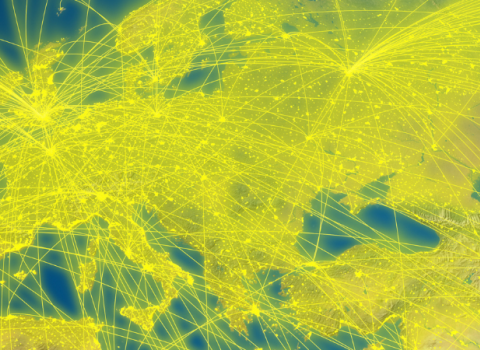
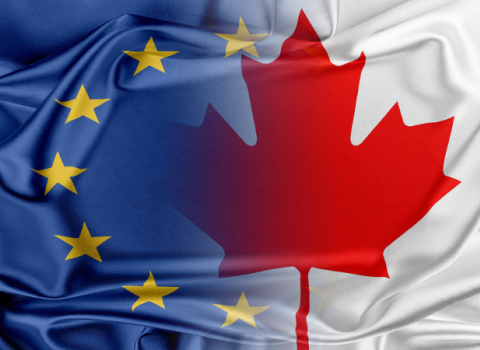
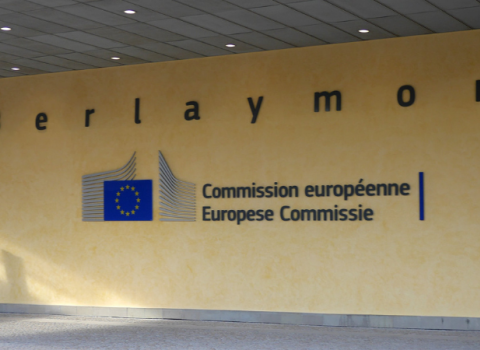
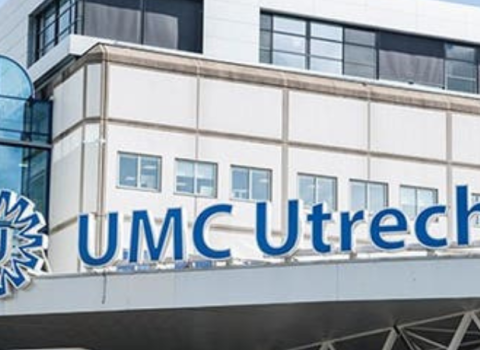

 A unique international forum for public research organisations and companies to connect their external engagement with strategic interests around their R&D system.
A unique international forum for public research organisations and companies to connect their external engagement with strategic interests around their R&D system.